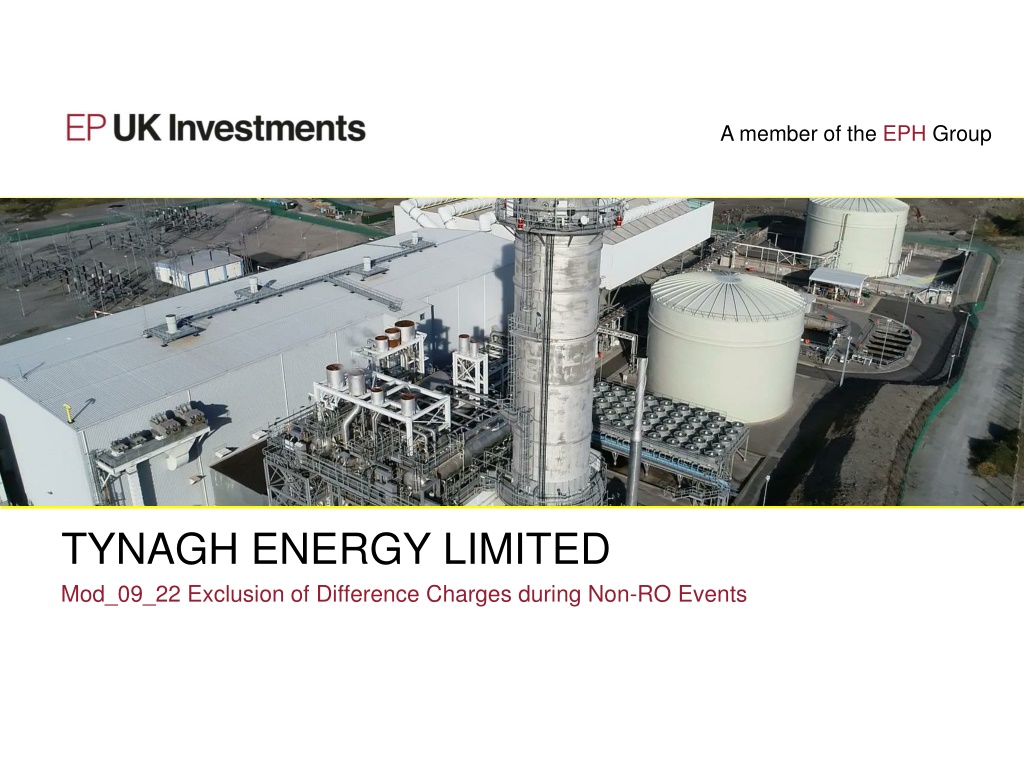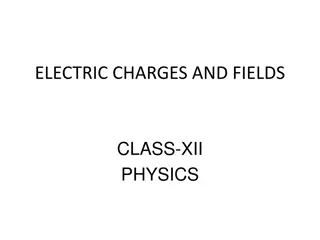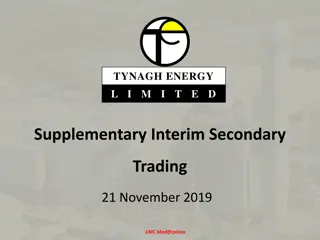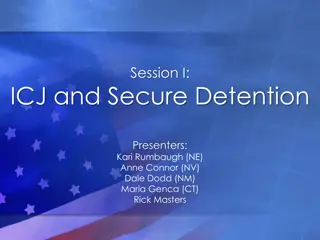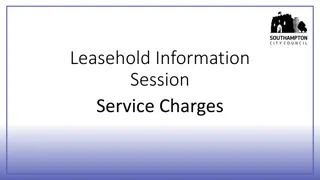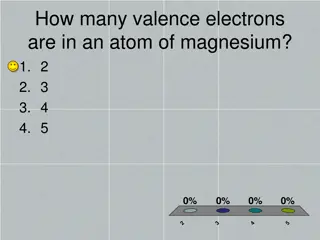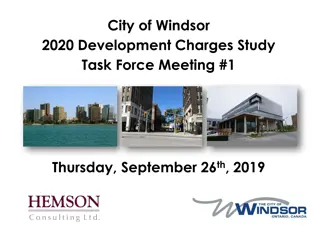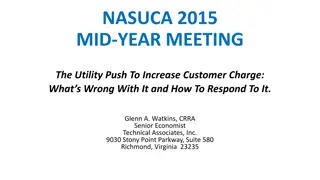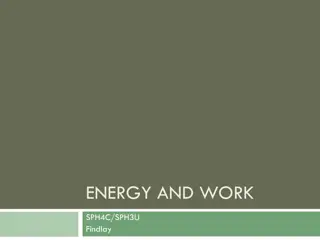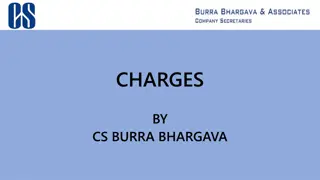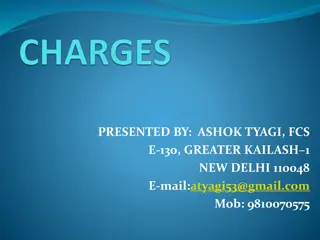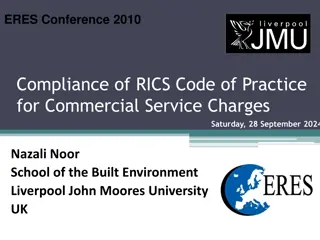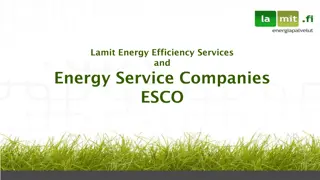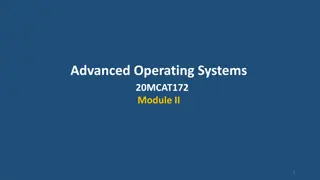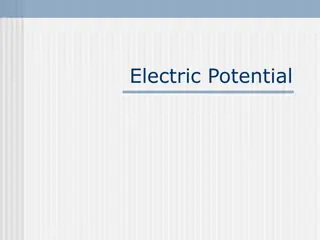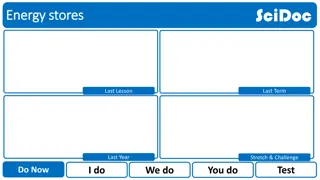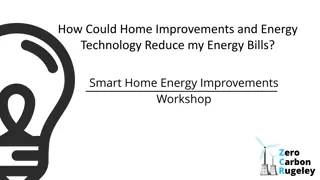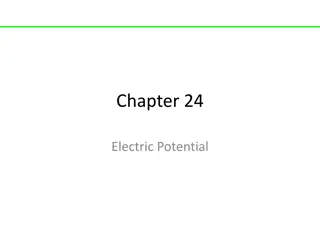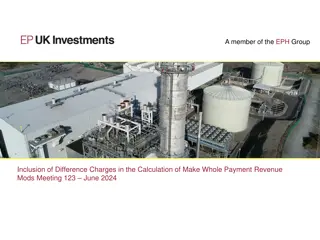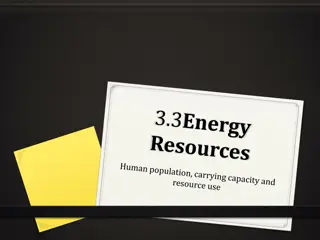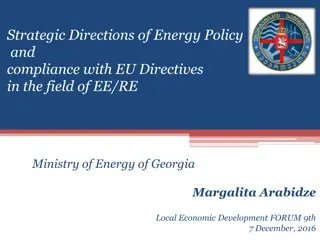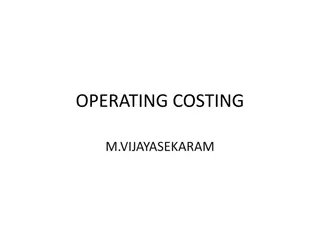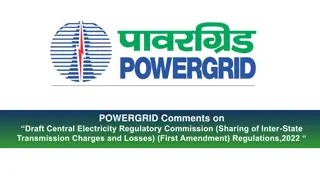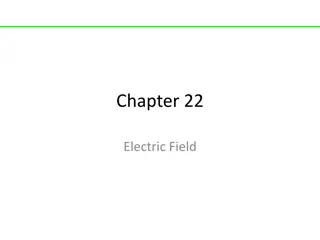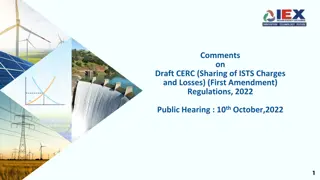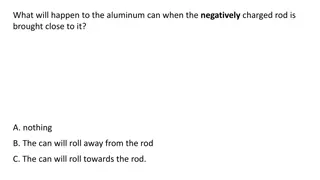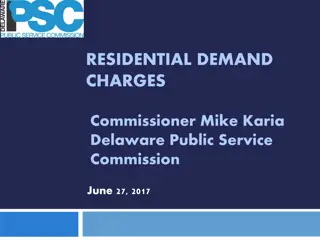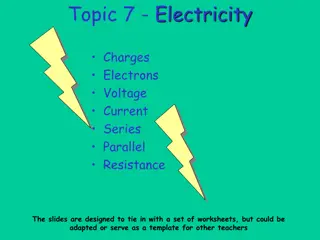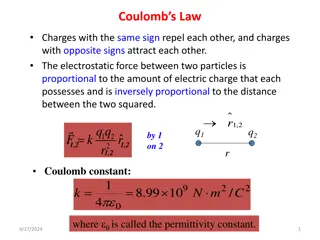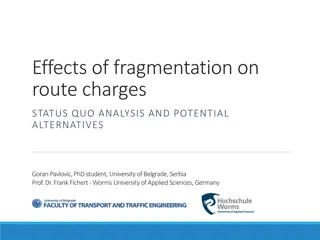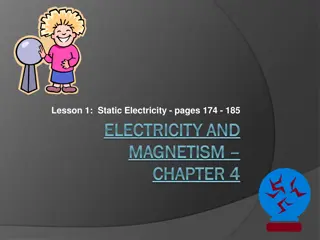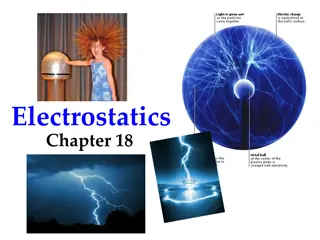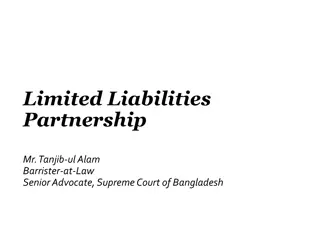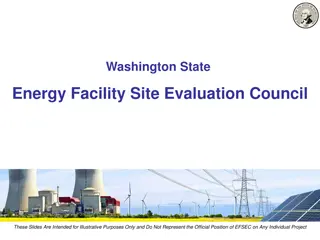Exclusion of Difference Charges in Non-RO Events by Tynagh Energy Limited
Tynagh Energy Limited presents a modification proposal, Mod_09_22, aiming to exclude Difference Charges during Non-RO Events. This proposal revisits a previous modification rejected by SEM-C for further engagement and analysis. The context involves the modification's alignment with CRM framework decisions and the intention to ensure fair market practices. Detailed discussions on market reference prices, strike prices, and scarcity pricing thresholds highlight the complexities of energy market regulations. The proposal seeks to address capacity providers' exposure to difference charges without an actual RO event occurrence, emphasizing the necessity for ongoing industry dialogue.
Download Presentation

Please find below an Image/Link to download the presentation.
The content on the website is provided AS IS for your information and personal use only. It may not be sold, licensed, or shared on other websites without obtaining consent from the author. Download presentation by click this link. If you encounter any issues during the download, it is possible that the publisher has removed the file from their server.
E N D
Presentation Transcript
A member of the EPH Group TYNAGH ENERGY LIMITED Mod_09_22 Exclusion of Difference Charges during Non-RO Events
Agenda Background CRM Context Further Discussion Next Steps Tynagh Energy Limited 2
Mod 09_22 Exclusion of Difference Charges During Non-RO Events Mod Explanation This modification proposal seeks to implement the same changes proposed under a modification previously approved by the Mods Committee in Mod_02_19: Removal of Difference Charges During Non-RO Events. Justification Currently capacity providers may be exposed to Difference Charges, even where no RO Event has occurred. A similar modification was proposed in 2019 and approved by the Mods Committee. The modification was rejected by the SEM-C on the basis that additional engagement and analysis was required. This industry call has been organised with the intent of facilitating additional discussion on the modification proposal. Tynagh Energy Limited 3
CRM Context The initial design of the CRM designated that Difference Payments would be paid out when the Market Reference Price exceeds the Strike Price. CRM Detailed Design Decision Paper 1 defined the following: Market Reference Price: the MRP for Reliability Options will reflect the price actually obtained by capacity providers in selling their power in I- SEM markets. Strike Price: The Reliability Option Strike Price will be set dynamically to a level which should exceed the variable costs of most of those offering energy into the I-SEM energy market [ ] It is possible that a limited number of Demand Side participants may have variable costs that are higher than the Strike Price; however, it is intended to cover the per MWh fuel costs that could reasonably be expected of a thermal generator. From this Decision it is clear that the MRP was intended to be assessed against a dynamic Strike Price which is set above the SRMC of thermal units. Tynagh Energy Limited 4
CRM Context CRM Detailed Design Decision Paper 2 (SEM-16-022) states that the Administered Scarcity Price threshold should not be below the Reliability Option Strike Price, in order to ensure that all market participants short-run marginal costs are met . The paper further states that The price should reflect the fact that normal balancing energy actions have been exhausted . Additionally, the paper states that The constraint of reaching a price that reflects the exhausting of normal balancing actions is likely to coincide with the Reliability Option Strike Price . In 2015/2016, it was expected that there would only be RO Events when there was scarcity. Thus, the CRM design documents refer to the Strike Price being above the generation cost of all units on the system. This re-affirms the intention of the Strike Price to be above short-run marginal costs of all thermal units, as established in Detailed Design Decision Paper 2. Tynagh Energy Limited 5
CRM Context CRM Decision Paper 3 (SEM-16-039) states that the Strike Price should exceed the Short Run Marginal Cost of a peaking plant . However this paper also decided that the Strike Price should be calculated on a monthly basis, rather than using daily spot price commodity values. This introduces an issue, particularly with commodity volatility, where the Strike Price is no longer set dynamically in line with Decision 1 or above the Short Run Marginal Cost of a peaking plan as set out in Decision 3. While this fundamentally changes the nature of the Strike Price, the Market Reference Price used to assess the application of Difference Charges does not change. This creates a significantly higher level of risk exposure for units which we believe is not consistent with SEMC s intent. MRP is no longer set against a dynamic Strike Price. No longer consistent with Detailed Design Decision Paper 1. Tynagh Energy Limited 6
CRM Context - Conclusion It is clear from reading the three CRM Decision Papers that the intent of Reliability Option Difference Charges was not to force thermal participants to run at a loss. The EU State aid Decision on the CRM also states that With respect to the strike price, the authorities have determined that the strike price must reflect the short-run marginal costs of a peaking unit . All three Decision Papers and the State Aid decision are clear that the Strike Price should exceed a participants SRMC but this is not the case currently. The nature of the Strike Price fundamentally changes between CRM Detailed Design Decision Paper 1 and Decision Paper 3. The MRP against which this is assessed does not change, exposing participants to unavoidable downside. We believe that our modification remedies this issue by applying Difference Charges only when the BM Price exceeds the Strike Price. This is consistent with the intent of the CRM Decisions and the State aid Decision. Tynagh Energy Limited 7
Further Discussion Open to comments. Tynagh Energy Limited 8
Next Steps This modification will be voted on at Mods Committee Meeting 112 in September. In order to address concerns the SEMC had with Mod_02_19 we have held this workshop. Separately, SEMO are carrying out a Systems Impact Analysis on this modification. Tynagh Energy Limited 9
